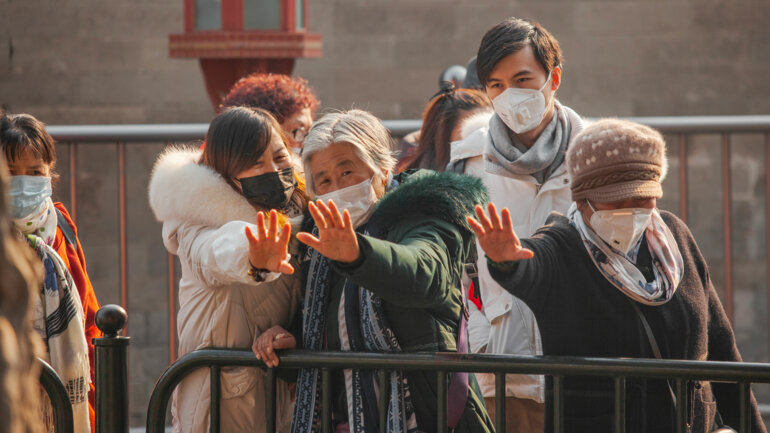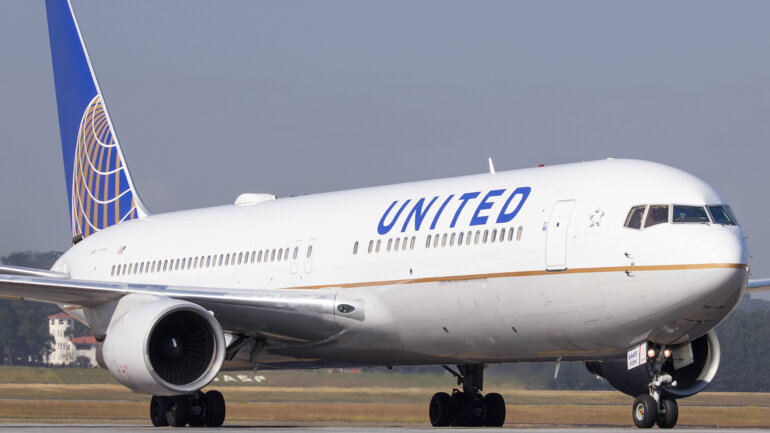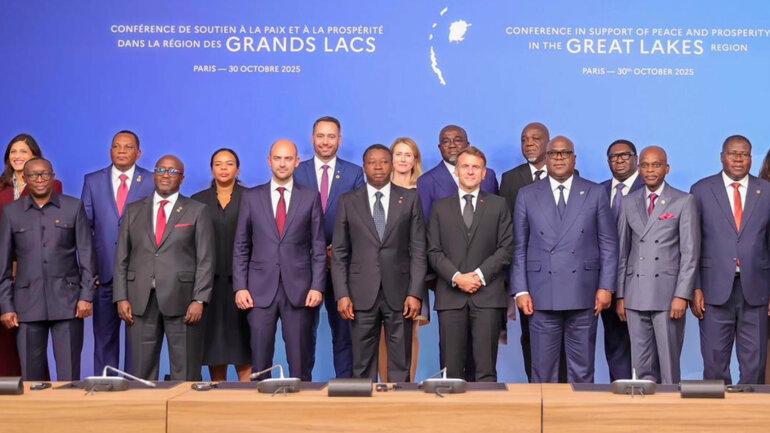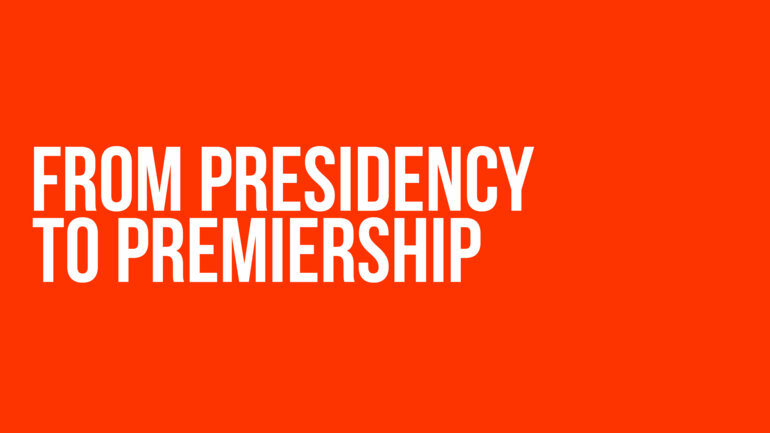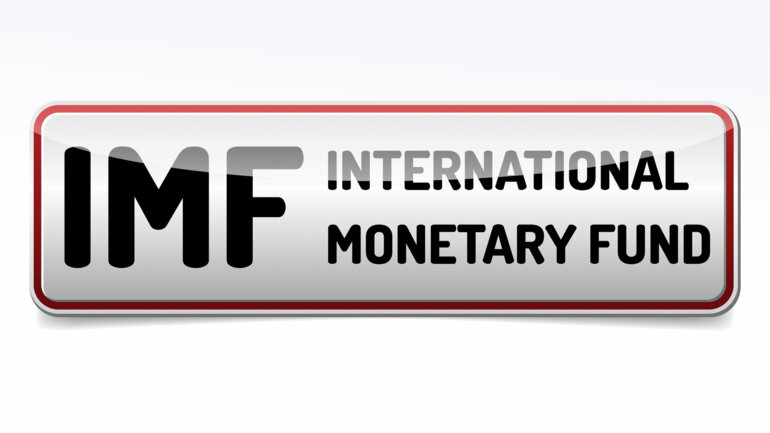
- Diplomatie
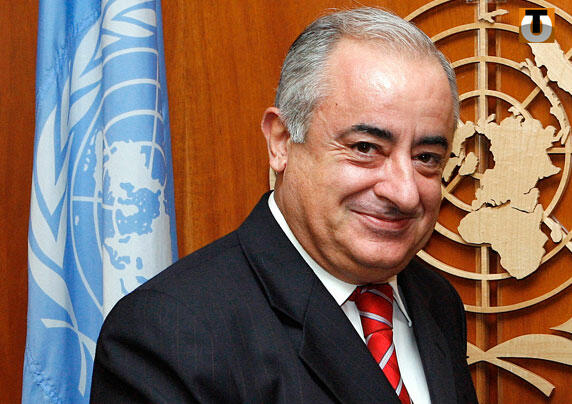
Under-manned, ill-equipped and rarely seen on the streets: critics say the UN force in Chad and Central African Republic is failing in its duty to protect aid workers and refugees in the troubled region.
Set up in September 2007, the MINURCAT force has a broad mission to protect NGO staff and half a million civilians displaced by fighting including in neighbouring Darfur, train local police and promote human rights.
Two years on, less than half the troops pledged for the force -- 2,385 of 5,200 -- are in action, even as the security situation deteriorates in the lawless triangle between eastern Chad, northeast CAR and Sudan's Darfur.
Brazen kidnapping raids in the region -- with four French aid workers abducted since October -- are fuelling fears of a violent new trend that could hobble relief work.
Aid groups and United Nations humanitarian personnel are reluctant to alienate their UN partner by openly attacking it, but under cover of anonymity the criticism of MINURCAT flies fast.
In one emblematic incident, the Nepalese contingent of the force -- which took over from a European Union force, EUFOR -- arrived without ammunition.
"They thought they were going on a camping trip," said an NGO member.
UN special representative in Chad Victor Angelo (photo) explained away the incident, saying there were overflight problems involved in travelling from Nepal to Chad carrying ammunition.
But critics say the troops on the ground are not up to the task either.
"MINURCAT stays in its camps and doesn't come out, especially not if there's any shooting," charged a member of one NGO. "It beats everything. We've come to miss EUFOR, although we thought it unsuitable."
"The soldiers do few patrols. When they go out, it's with an armoured column to accompany two UN officials for an hour in town. It is getting ridiculous," said a member of a UN relief agency."
"You can't expect the same standard when you replace the soldiers and equipment of professional European armies with ill-equipped Asian or African contingents," summed up another UN field worker.
"It's time to stop saying things are getting better slowly: the situation is deteriorating," said the regional head of an aid group operating in the region.
Angelo insists that much of the criticism is "unfair."
"People are unfair towards troops from the developing world," he said. "For example, Togo, a country with no big resources, has sent us exceptional soldiers who are always out on the ground."
"We're doing more patrols," he said. "We are making markets and the roads leading to them safe. There are zones where security has improved, but there are other places where things are getting worse."
According to one French soldier with knowledge of the situation, MINURCAT cannot be blamed for the rising violence.
"We didn't see a sudden increase in the number of incidents and kidnappings when MINURCAT replaced EUFOR. There were many other factors involved," he said, including the demobilisation of some Chadian rebels, who turned to crime.
Angelo is confident that MINURCAT can help restore security in eastern Chad -- "using a combination of different tools: police, information and coordination with the authorities."
But Chadian authorities have also voiced frustration about the force and have raised the possibility of cancelling MINURCAT's mandate, which is up for renewal on March 15.
"We don't see many soldiers on the ground. They're currently under-manned," charged General Oki Dakache, Chadian President Idriss Deby Itno's special representative to MINURCAT.
"EUFOR did a good job, but MINURCAT is a heavy machine," Dakache said. "We don't doubt they are trying their best, but nonetheless."
Meanwhile aid groups cannot help but look with envy at the force's operating budget of 768.2 million dollars (538.4 million euros) for 2009-2010.
"We are often starved of funds. Just think what we could do with that kind of money," one relief worker said.
"It's an endless debate," replied Angelo, who explains that the funds come from a peacekeeping budget supplied by UN member states and cannot be used for development projects.

